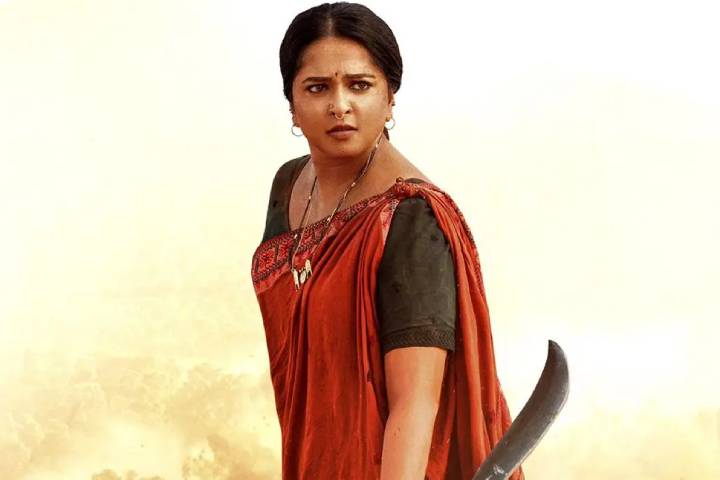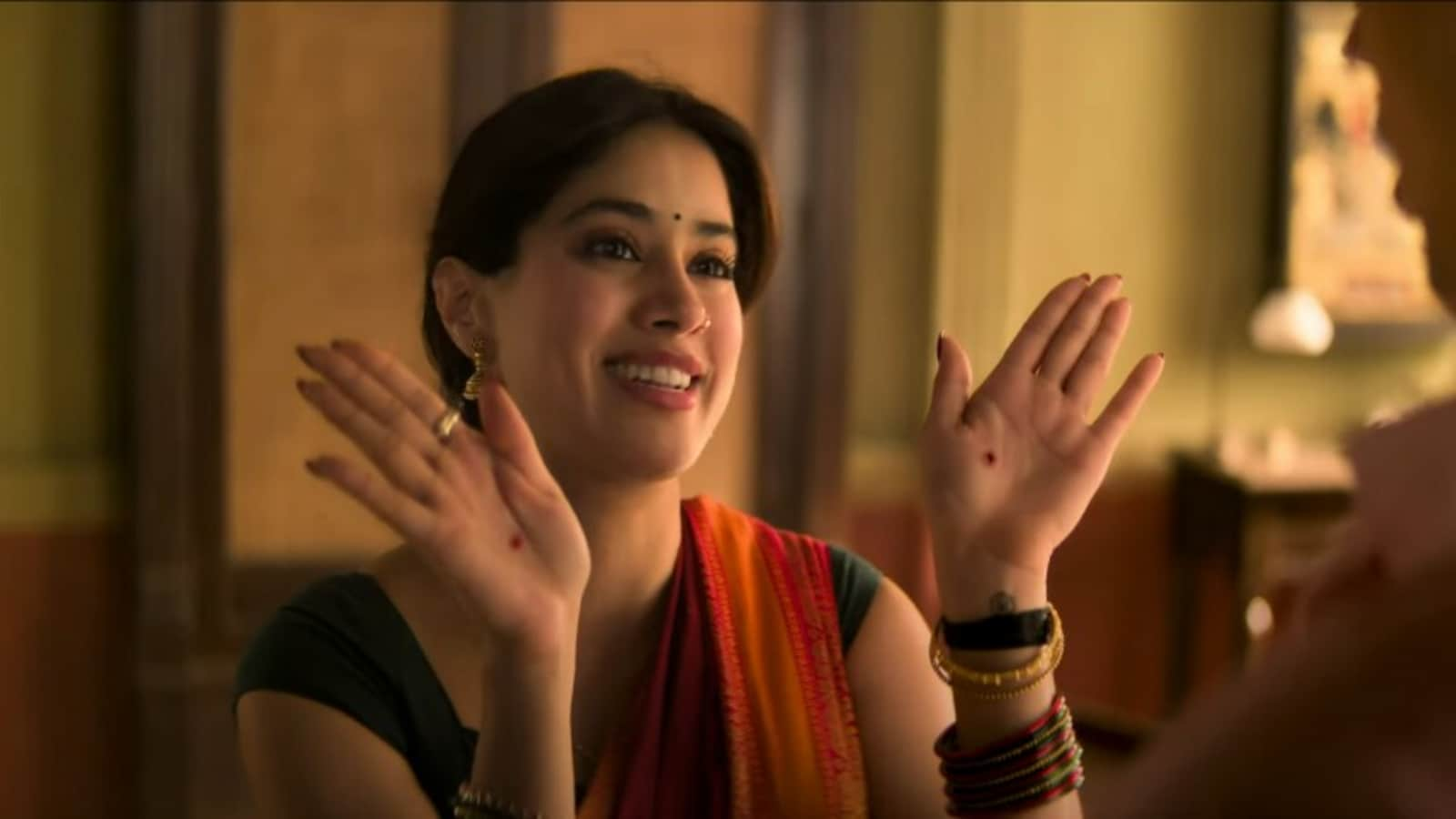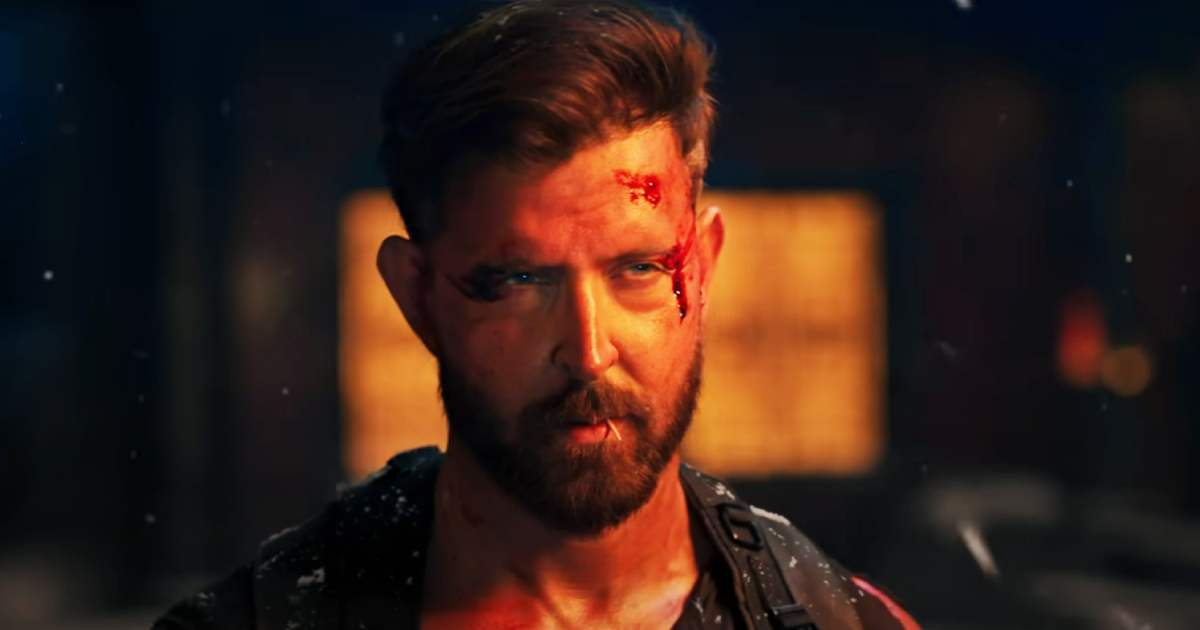The BBC World Service released a two-part documentary called ‘The Killing Call’ on YouTube on Tuesday, focusing on the murder of popular Punjabi singer Sidhu Moosewala. The release went ahead despite a legal request from Moosewala’s father, Balkaur Singh, who had approached a court in Mansa to try and stop it from being shown.
Originally, the documentary was set to be screened publicly in Mumbai on June 11, which is Moosewala’s birth anniversary. But due to growing controversy and legal challenges, the BBC World Service decided to release it on YouTube instead.
The BBC World Service released a two-part documentary called ‘The Killing Call’ on YouTube on Tuesday, focusing on the murder of popular Punjabi singer Sidhu Moosewala. The release went ahead despite a legal request from Moosewala’s father, Balkaur Singh, who had approached a court in Mansa to try and stop it from being shown.
Originally, the documentary was set to be screened publicly in Mumbai on June 11, which is Moosewala’s birth anniversary. But due to growing controversy and legal challenges, the BBC World Service decided to release it on YouTube instead.
Court declines temporary block, sets hearing date
A civil judge, Rajinder Singh Nagpal, heard a case filed by Balkaur Singh but refused to issue a temporary order to stop the documentary. The court has now listed the case for a full hearing on June 12.
In his suit, Singh named the BBC and two individuals – Ishleen Kaur and Ankur Jain – as respondents.
Balkaur’s lawyer, Satinder Pal Singh, said the family believes the documentary could affect the ongoing criminal trial into Moosewala’s murder and breach their right to privacy.
A civil judge, Rajinder Singh Nagpal, heard a case filed by Balkaur Singh but refused to issue a temporary order to stop the documentary. The court has now listed the case for a full hearing on June 12.
In his suit, Singh named the BBC and two individuals – Ishleen Kaur and Ankur Jain – as respondents.
Balkaur’s lawyer, Satinder Pal Singh, said the family believes the documentary could affect the ongoing criminal trial into Moosewala’s murder and breach their right to privacy.
Father says family’s permission was ignored
In earlier complaints to the Director General of Police in Maharashtra and the Juhu police station, Balkaur Singh claimed that the BBC documentary used Sidhu Moosewala’s name, image, and life story without getting the family’s permission.
He also alleged that invitations had been sent out to people claiming they would share “unknown details” about the late singer – something he believes could damage his son’s reputation.
Balkaur added that the Maharashtra Police have not responded to the complaints he filed last week.
Documentary looks at fame, crime and unanswered questions
The BBC’s two-part documentary covers Sidhu Moosewala’s journey and tragic death. The first episode looks at his early life, his rise to fame, and the controversies he faced. The second episode focuses on the events leading up to his murder on 29 May 2022 in Punjab’s Mansa district.
“It’s a story that takes us from the villages of rural India to the hip-hop scene of eastern Canada, from the turbulant history of Punjab to the contested politics of modern India, and from the shadowy world of organised crime to a chilling phone call with the fugitive gangster, who says he ordered the hit,” the BBC world service, said in the video’s description.
The documentary includes interviews with Sidhu Moosewala’s friends, journalists, and police officers from both Punjab and Delhi. It also features an audio interview with Canada-based gangster Goldy Brar, who claimed he was behind the murder.
Moosewala’s killing
Sidhu Moosewala, whose real name was Shubhdeep Singh Sidhu, was shot dead in broad daylight while travelling without police protection. His death shocked people across India and the global Punjabi community.
The 28-year-old singer was attacked by gunmen who fired more than 30 bullets. Locals later found him slumped in the driver’s seat of his vehicle.
Goldy Brar, who is believed to be linked to the Lawrence Bishnoi gang, publicly claimed responsibility for the murder. He has since been declared an “individual terrorist” by India’s National Investigation Agency (NIA).
The investigation is still ongoing. No one has been convicted yet, and Brar remains on the run.





